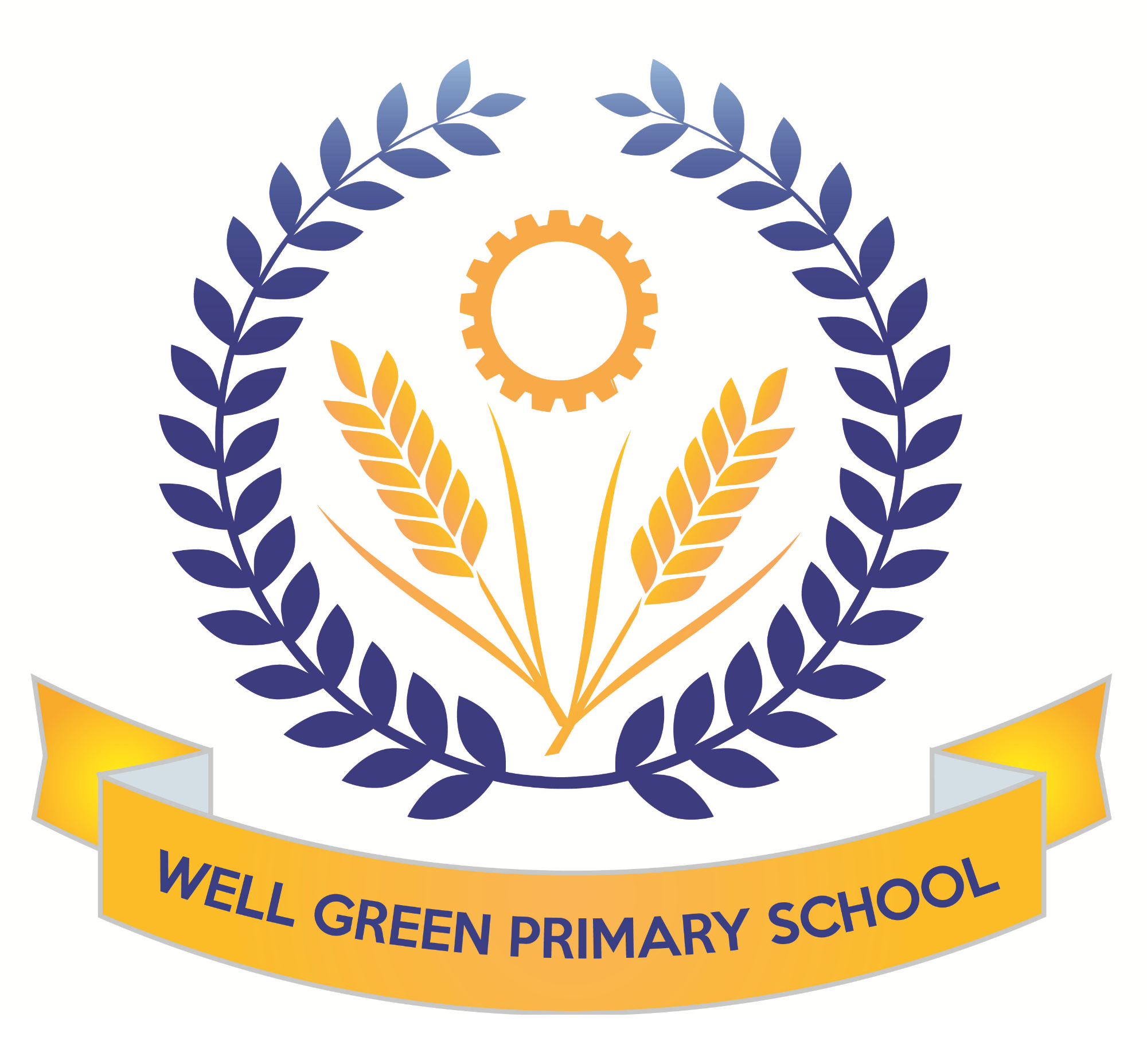Geography
The Importance of Geography in Well Green Primary School
Geography is a vital component of education at Well Green Primary. It provides children with the tools to understand the physical and human world. It fosters an awareness of spatial relationships, environmental issues, and cultural diversity. Learning geography at an early age cultivates critical thinking, problem-solving skills, and a sense of global citizenship.
By exploring local and global environments, primary school children learn about their connections to the wider world, which enhances their appreciation for nature and other cultures. Geography also helps students grasp the interdependence between humans and their surroundings, a crucial understanding in an era of climate change and globalization.
A powerful endorsement of geography's significance comes from geographer Yi-Fu Tuan, who remarked:
"What begins as undifferentiated space becomes place as we get to know it better and endow it with value."
This highlights how geographical education transforms abstract spaces into meaningful places, encouraging children to value and engage with their environments.
By studying geography, we lay the foundation for informed, responsible, and empathetic global citizens.
Intent:
At Well Green we believe that geography helps to provoke and provide answers to questions about the natural and human aspects of the world. Children are encouraged to develop a greater understanding and knowledge of the world, as well as their place in it.
The bespoke geography curriculum at Well Green enables children to develop knowledge and skills that are transferable to other curriculum areas and which can and are used to promote their spiritual, moral, social and cultural development.
Geography is, by nature, an investigative subject which develops an understanding of concepts, knowledge and skills.
We seek to:
- Inspire in children a curiosity and fascination about the world and its people which will remain with them for the rest of their lives.
- To promote children’s interest in and understanding of diverse places, people, resources and natural and human environments
- Develop a deep understanding of the Earth’s key physical and human processes.
- To develop a sense of identity and responsibility through learning about their locality and the wider world and the relationships between places and processes.
Our geography curriculum is designed to develop knowledge and skills that are progressive, as well as transferable, throughout their time at Well Green Primary and also for their further education and beyond. The curriculum aims to be intrinsically linked with our locality and the local issues around our school as well as the wider world.
Implementation:
Geography at Well Green is taught in blocks throughout the year, so that children can achieve depth in their learning. The leadership team have identified the key knowledge and skills for each blocked topic and careful consideration has been given to ensure progression across topics throughout each year group across the school. There is an enquiry-based approach to teaching geography using Blooms taxonomy skills.
Geography planning at Well Green is detailed and extensive to ensure coverage of: fieldwork and enquiry; geographical mapping and skills and locational and place knowledge.
A focused question is then used to direct pupils’ enquiry. Pupils will answer this focused question using a variety of sources, researching and then developing their own geographical explanations, presenting their ideas in different ways. Children work in Kagan teams to support peers and work collaboratively to explain their geographical ideas and understanding.
Weekly planning for geography is evaluated by teachers and assessments are made about children’s learning in each lesson, which is monitored weekly by the headteacher. Each half-term, the subject leader monitors these as part of our recovery curriculum to close gaps in children’s knowledge and understanding following school closure. Assessment in Geography is ongoing. Quizzes are used at the end of each unit. They focus on key knowledge and understanding children should have acquired. The geography leader undertakes monitoring of geography books each year and planning scrutiny, as well as geography-focused lesson observations from SLT and learning walks from the subject leader to ensure geography teaching and learning is excellent across school.
Geographical vocabulary is essential in all geography lessons and Well Green use their own bespoke vocabulary mats for all geography topics, which are shared with parents to support learning of the subject.
Cross-curricular outcomes in geography are specifically planned for, with high expectations for geographical writing with children’s use of English and fieldwork and enquiry skills using mathematics. The local area is fully utilised to achieve the desired outcomes, with extensive opportunities for learning outside the classroom in the local area embedded in practice.
Impact:
The school has a supportive ethos and our approaches support children in developing their collaborative and independent skills, as well as empathy and the need to recognise the achievement of others, ensuring that all children experience challenge and success in geography by developing a growth mindset. Outcomes in geography books, clearly evidence a broad and balanced geography curriculum and demonstrate children’s acquisition of identified key knowledge and skills. As children progress throughout school, they develop a deep knowledge, understanding an appreciation of their local area and its place within the wider geographical context. Geographical understanding, as well as children’s spiritual, moral, social and cultural development is further supported by the school’s links with the global curriculum. This aspect of the work of the school is also supported through specific themed days, which include ‘Green Day’ and themed days as a celebration of the school’s cultural diversity. Children are able to benefit from visitors and enhancements related to geography from members of the local and wider community with specialist skills and knowledge, ensuring that they are well prepared for the next steps of their education.
